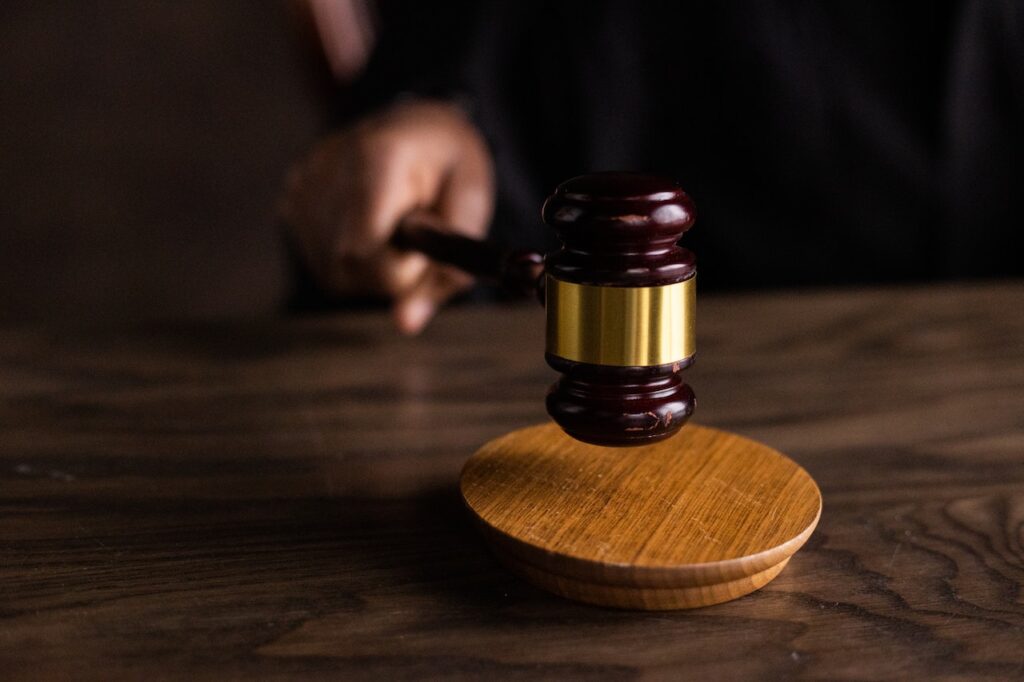Facing a personal injury case can be a challenging and emotionally taxing experience. Whether you’ve been injured in a car accident, a slip and fall incident, a workplace mishap, or any other scenario where someone else’s negligence caused you harm, you’re likely to have many questions about how to proceed. One of the most significant decisions you’ll need to make is whether to settle your case or go to trial. In this article, we’ll explore the key differences between settling and going to trial in a personal injury case and what you can expect from each option.

Understanding the Basics
Before delving into the specifics of settling versus going to trial, let’s clarify some fundamental concepts:
- Personal Injury Case: A personal injury case arises when you are injured due to someone else’s negligence, recklessness, or intentional misconduct. These cases seek compensation for the physical, emotional, and financial damages you’ve suffered.
- Settlement: A settlement is an agreement reached between you (the plaintiff) and the defendant or their insurance company (the at-fault party). It typically involves the at-fault party agreeing to pay you a certain amount of money in exchange for releasing them from further liability.
- Trial: Going to trial means taking your case to court, where a judge or jury will decide the outcome. The process involves presenting evidence, witnesses, and legal arguments to prove your case and determine damages.
Settling Your Personal Injury Case
Pros of Settlement:
- Faster Resolution: Settling a case is generally quicker than going to trial. This can be a significant advantage if you need compensation promptly to cover medical bills or other expenses.
- Certainty: With a settlement, you know exactly how much you’ll receive, providing a level of financial security.
- Lower Costs: Litigation can be expensive due to attorney fees, court costs, and expert witness fees. Settling usually involves fewer costs.
Cons of Settlement:
- Possibly Lower Compensation: The settlement amount may be lower than what you could potentially receive at trial, as insurance companies often aim to pay as little as possible.
- Limited Appeal: Once you accept a settlement, you typically can’t go back and seek additional compensation if your injuries worsen or new issues arise.
- Confidentiality: Settlements often come with confidentiality clauses, preventing you from discussing the details of your case.
Going to Trial in Your Personal Injury Case
Pros of Going to Trial:
- Potential for Higher Compensation: If you win at trial, the damages awarded could be higher than what you’d receive in a settlement.
- Legal Precedent: A trial can set legal precedent, which may benefit others in similar situations in the future.
- Full Accountability: Going to trial can hold the at-fault party accountable for their actions, providing a sense of justice.
Cons of Going to Trial:
- Longer Process: Trials can be protracted affairs, potentially lasting months or even years.
- Uncertainty: The outcome of a trial is uncertain, as it depends on the judge or jury’s decision.
- Higher Costs: Litigation costs are typically higher, including attorney fees, court costs, and potentially expert witness fees.
- Emotional Toll: Trials can be emotionally draining, involving testimonies, cross-examinations, and legal arguments.
What to Expect at Trial
If you decide to go to trial, here’s what you can expect:
- Jury Selection: A jury will be selected to hear your case. Both sides will have the opportunity to question and eliminate potential jurors.
- Opening Statements: Your attorney and the defendant’s attorney will make opening statements, outlining their respective cases.
- Presentation of Evidence: Witnesses will testify, and evidence will be presented. This may include medical records, photographs, expert opinions, and more.
- Cross-Examination: Attorneys will cross-examine witnesses to challenge their testimony.
- Closing Arguments: Both sides will make closing arguments summarizing their case.
- Verdict: The judge or jury will deliberate and render a verdict, which may include a determination of liability and damages.
- Appeals: Either party may have the option to appeal the verdict if they believe there were legal errors during the trial.
Choosing whether to settle or go to trial in your personal injury case is a critical decision that should be made in consultation with your attorney. Each option has its advantages and disadvantages, and the choice depends on the specifics of your case, your financial needs, and your desire for accountability and justice.
Ultimately, the goal in any personal injury case is to secure fair compensation for your injuries and losses. Whether you achieve this through a settlement or a trial, the most important thing is to have skilled legal representation to guide you through the process and advocate for your rights and interests.